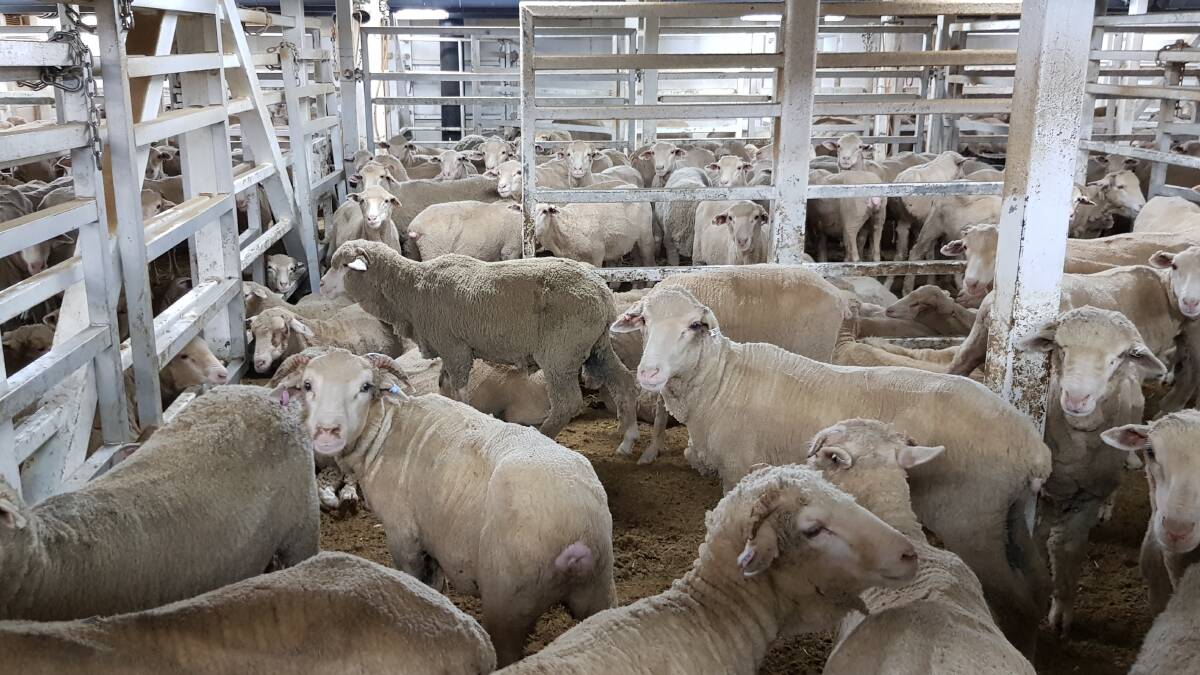
IT has become clear the promise to put an independent observer on every live animal export voyage can not be fulfilled.
Instead, the Department of Agriculture will move to a risk-based approach and attempt to get observers on all trips that pose the highest chance of issues as judged by destination and animal type.
This was reported by senior staff in the Department of Agriculture's live animal export division during a senate estimates hearing in Canberra last night.
Staff provided the Senate Rural and Regional Affairs and Transport Legislation Committee with a long list of figures on voyage and observer numbers broken into various time periods. In every case less than half the voyages had observers. In one period, only 10 of 82 voyages had an observer.
Dr Melisa McEwen said reasons for not being able to get an observer on all voyages ranged from lack of cabin space to gaining visas.
There was a need to ensure vital personnel were not replaced, she said.
"Occasionally we've had issues with gaining visas or sending staff into countries with travel advisory warnings," she said.
Given the department is only notified of voyages ten days out, the time frame for turnaround on visas was too short in some cases.
The commitment to have independent observers accompany every voyage carrying sheep or cattle was made in April last year by then Minister for Agriculture David Littleproud in response to the Awassi Express sheep welfare crisis earlier in the year.
Western Australian senator Glenn Sterle asked department staff what the 'plan b' was given it was now clear that promise could not be met.
Dr McEwen said the move would be made to a more risk-based deployment approach.
"We now have a clearer picture of where the risks are, what voyages are most likely to have issues we want to track and as such we will try to ensure we are using our resources where they are most needed," she said.
Senator Sterle asked if that meant targeting the 'usual suspects'.
Dr McEwen: "It will be around the destination and type of animals exported rather than who the exporter is."
As an example, the department had identified shorter routes to South East Asia carrying Bos indicus cattle which were acclimatised was an area where the risks were lower.
However, Agriculture Minister Bridget McKenzie acknowledged there were "some good operators and some not-so-good operators and any system we set up has to recognise practice on ships and the culture of organisations."
Staff also said they were working on determining a process for the public release of footage from observers.
They were conscious that footage had to be 'able to be explained and understood'.
Deputy secretary Malcolm Thompson said independent observers were "first and foremost about helping us a regulator to identify and act on poor performance."
"There have been comments about delays in releasing reports and we take that on the chin but really our first interest is to take any regulatory action required," he said.
"We also understand the high public interest in this, which is why we are thinking through how we can make footage available publicly.
"The introduction of independent observers is a significant shift."
Senator Sterle: "Not if they're not on the voyage."


